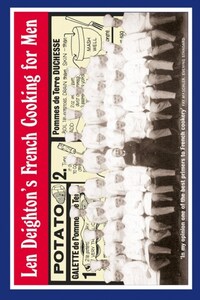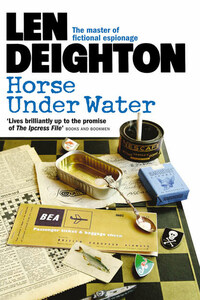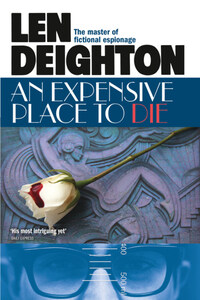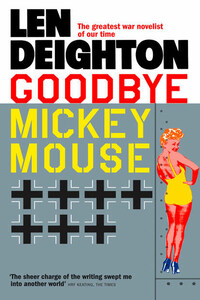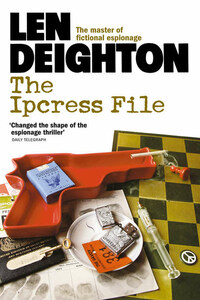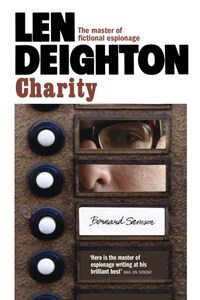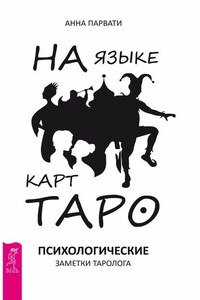LEN DEIGHTON’S
FRENCH COOKING FOR MEN
HarperCollinsPublishers
1 London Bridge Street
London SE1 9GF
www.harpercollins.co.uk
This edition 2010
First published in Great Britain by
Penguin Books Ltd 1965
Copyright © Len Deighton 1965, 1979, 1990, 1997
Preface, Acknowledgement and Note copyright
© Pluriform Publishing Company BV 2010
Cover designer’s note © Arnold Schwartzman 2010
Revised from Où est le garlic, published 1965,
Basic French Cooking, published 1979, and Basic French
Cookery Course, published 1990
Len Deighton asserts the moral right to be identified as the author of this work
A catalogue record for this book is available from the British Library
All rights reserved under International and Pan-American Copyright Conventions. By payment of the required fees, you have been granted the nonexclusive, nontransferable right to access and read the text of this e-book on-screen. No part of this text may be reproduced, transmitted, downloaded, decompiled, reverse-engineered, or stored in or introduced into any information storage and retrieval system, in any form or by any means, whether electronic or mechanical, now known or hereafter invented, without the express written permission of HarperCollins e-books.
Source ISBN: 9780007351114
Ebook Edition © SEPTEMBER 2014 ISBN: 9780007524846
Version: 2017-05-10
HarperCollinsPublishers has made every reasonable effort to ensure that any picture content and written content in this ebook has been included or removed in accordance with the contractual and technological constraints in operation at the time of publication.
‘Len Deighton’s Action Cook Book is not a good cookbook. It is a shockingly good cookbook’
Village Voice
‘How does one go about achieving some Harry Palmer style? Details first. Remember, Palmer is a gourmet, so get hold of the Len Deighton Action Cook Book’
GQ magazine
‘[Len Deighton’s cookbooks] have attracted cult following for their brilliant design as much as for their comprehensive approach to cooking… his democratising, demystifying approach couldn’t be more appropriate’
Guardian
‘Cooking as I’d never seen it: fun, cheeky, male and promising the awesome prospect of sex… The taut clarity of Deighton’s writing, his encyclopaedic knowledge and attention to detail… The prose reads like Dashiell Hammett channelling Brillat-Savarin’
Waitrose Food Illustrated
‘They showed the idiot novice male how to dice an onion without it falling apart; how to fine-cut parsley by rocking the blade rather than chopping it; how to sauté mushrooms without them yielding the water that would turn them into gelatinous glop’
SIMON SCHAMA
My first visit to France was in 1946. I went by Green Arrow train to Paris (this was the economy version of the Golden Arrow train). I was very young and I had never left Britain before. My father had only agreed to my trip because I was to be met off the train by friends. But in the chaos of post-war France those friends had been ordered to duty elsewhere.
I stepped down from the train into a world different to anything I had seen before. I began shoving my way through a thousand soldiers and all the lawless low-life that flocked to railway terminals in those days. Above the babel of foriegn voices, shouts and whistles punctuated the hisses and growls of steam locomotives. Porters yelling ‘gare!’ forced a way through the crowds, their trolleys piled high with baggage. I was conspicuous in my civvy clothes for everyone had some sort of uniform, and most of them were burdened with packs and helmets and kitbags and rifles. Even the air was different in France; it smelled of Gauloises and garlic, and of the ersatz acorn coffee that had become the national beverage. I waited under the clock for a long time but eventually I picked up my suitcase and turned to the street with that youthful confidence that only ignorance provides.
My ten days in Paris brought scrapes and encounters that could fill a book. A wide-eyed and curious teenager, I drank it all in with amazement. I don’t remember why I chose the Grand Hotel de I’Orient, near Place Blanche. I suppose I must have spotted its imposing name, and economical rates, on a poster or advertisement. In this bohemian neighbourhood the hotel and its residents were unconventional to say the least. I secured the cheapest room. The narrow creaky staircase took me to the top landing and a garret just big enough to hold a metal frame bed, a battered wardrobe and a Thonet chair. I opened the window to see the bent and broken rooftops of Paris. I recalled that classic Jean Gabin film Le jour se lève. Does that hotel and that room still exist? I have resolved time and time again to go back and find it. But searching for one’s dreams can be a way to find nightmares.
Paris was spread out before me. I shivered with delight. But I was a boy with a mission. I didn’t know much about France or French cooking but I had read that the greatest restaurant in the world was here. It was named the Tour d’Argent and it served a famous dish of roast duck. The crispy breast is served as the first course. To make a sauce for it a vast silver-plated press is used to squeeze the juices from the remaining carcass. It is followed by the leg and a simple green salad. It was just the sort of performance I was ready for. I went to the restaurant and sat alone while a sad-eyed waiter regretfully explained that a duck could not be split. It was served for two people. Recklessness overcame my disappointment, and I told him to pretend I was two people. He brightened and seemed delighted to go through the rituals, so that I had four courses, each served with a grave formality that such food deserves. When I was half-way through the second elaborate ceremony with the duck press, two Americans stopped at my table to tell me that they had decided that they had never seen anyone so happy as I clearly was. The waiter was happy too. Instead of a tip I gave him a packet of twenty Players cigarettes. (Although a non-smoker myself I knew that English cigarettes were a valuable currency in Paris.) To show his pleasure he took me on a conducted tour of the kitchen and went label by label through the bins in the famous wine cellars.
